Berani dalam Benar: HEIs - losing the community plot again?
Another Higher Education Institution (HEI) is closing down according to a recent announcement by King’s College based in New York City. The institution will permanently close, according to the college’s website. It is plagued by financial challenges, resulting in the college allegedly having to stop enrolling students after the spring 2023 semester. Its accreditation was withdrawn in August of that year. Since then, college officials have unsuccessfully sought a financial lifeline that would allow it to reopen.

This is no longer news nowadays as many are showing similar signs of fading away academically speaking, including public ones as funds are severely limited or withheld. Many have been asked to enrol international students at a higher cost, at times by compromising the standards of entry, much to the chagrin of many especially when some nationalities are given undue priorities.
In other cases, courses are trimmed off on the excuse that they are not in demand by the industrial players. Of late, instructions by a Deputy Minister to do exactly that, linking it to the issue of (un)employment. The current thinking is that education equals employment (at times, in any shape or form). No matter, because it has been made the KPI for most institutional heads of the so-called "universities" - acting like that of a for-profit industry where revenue comes first! So much so, foreign students are conveniently targeted as mentioned earlier.
Be that as it may, the fact that issues of (un)employment have shifted several times have not caught the attention of the power that be. For example, over the post-Covid pandemic period, not only is employment harder to come by, but the demand is also starkly different. So much so, the difference between those with a degree and those without is reportedly getting narrower. Meaning to say, the latter with the appropriate experience or duration of real-life education (to engage, empower and evolve) can supersede a degree holder who has none or little of these. This is the barrier that has kept many HEIs structurally stuck for some years now. Although the call for reorienting education, post-Covid, is getting louder by the day, nothing substantial away from the one-size-fits-all industrial models, has taken place seriously. The community that suffered the most during the Covid pandemic, and still is until today, has not been given the deserving attention to grow out of the dire situation in sustainable ways.

Community educational needs and the relevant values as well as future orientation are not well aligned. As such courses that are highly demanded by and for members of the community are not considered essential when the industry failed to recognise so. Take for example, UNESCO Education for Sustainable Development (ESD) mooted decades ago, is still unheard of by the various communities despite being central to the collective goals of people, planet, prosperity, peace and partnership (5Ps). In short, the 2030 Agenda which is just around the corner. Chances are, one will miss the grand opportunity to make the much-needed changes come 2030 at the global level, by acting locally. Namely, the education ecosystem will remain obsolete to meet the sustainable needs of the future.
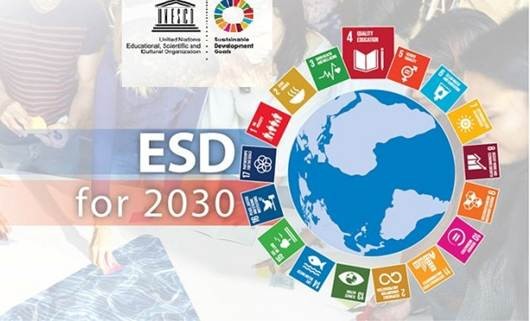
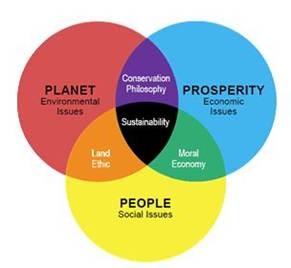
More so, when community-based courses are dropped in tandem with the half-baked ministerial instructions focusing only on the industry's perspectives. Whereas, the reality is exactly the contrast. For example, employers are reportedly emphasising on work ethics, real-life skills and new partnerships, rather than a passive technical classroom-type instruction! That said, STEM is no longer sufficient without human-centric values embedded in it as per STEAM, where "A" stands for the "Arts" and "Aesthetics" as vital components. Moreover, it is essentially more humane beyond STEM, tapping on inherent authentic intelligence, not merely artificial ones based on human capital, devoid of human values.
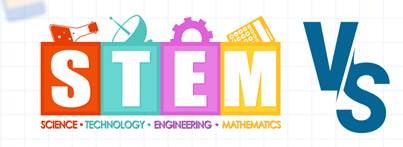
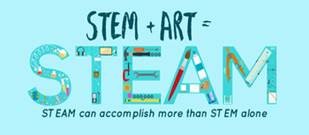
In this sense, education is losing ground due to the lack of the socio-emotional and spiritual-cultural dimensions that are totally neglected in the STEM-biased pedagogy and curriculums.
This also means the importance of contextualising local traditions and values to be all integrated as in STEAM is dismissed. Offering an American-version of liberal education, as attempted many a times, is missing the point because it is yet another form colonisation that must be shaken off as the first-step in creating a durable change within Malaysia's own philosophical framework highlighting its communal heritage and intangible cultural values, including those appropriate to the industry, in line with its authenticity.
Education is thus more than just employability as often blindly promoted, where humanity is the lynch pin for a more just, sustainable and humane future is not factored in. Time to move on along side the community!
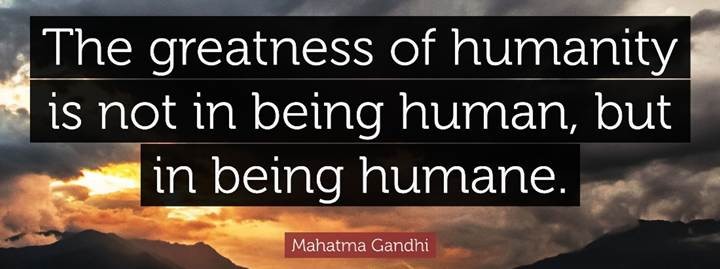
It always seems impossible until it is done
Nelson Mandela (1918-2013)
